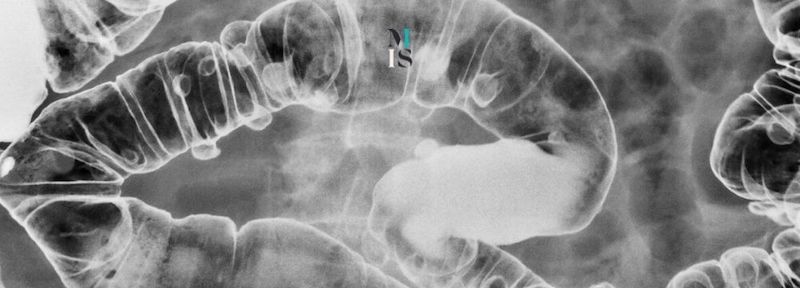Colon & Rectal
Let’s get right to it. Probably, for the first time in history, a cancer study at a major cancer facility has shown complete remission in 100% of the study participants. More specifically, the recently approved immunotherapy drug Dostarlimab or brand-name Jemparli showed results that would make even the most experienced cancer physicians do a double-take.1
Memorial Sloan Kettering Cancer Institute in New York City enrolled 12 patients in a study of Dostarlimab, a single-agent PD-1 blockade, to treat a particular form of mismatch repair-deficient recurrent or advanced solid tumor rectal cancer. After receiving the therapy, all 12 patients went into remission. No other cancer therapies such as chemotherapy, radiation, or surgery were performed. They were completely cancer-free in physical exams and advanced diagnostic testing such as MRI and PET scanning. This is nothing short of remarkable.
Before we get a little deeper into this study and what it means for the treatment of rectal cancer (and cancer as a whole), it is important to understand immunotherapy and immuno-oncology. Immunotherapy was developed a few decades ago and has established itself as one of the most interesting and exciting frontiers in cancer treatment and the treatment of many systemic diseases. It involves using the body’s own defenses – the immune system – to fight off these diseases. It works by stimulating the immune system to work harder or more efficiently or by introducing substances and compounds to train the immune system to fight specific cells.
Our Take on This Study
“This study is as amazing as it is exciting,” says Dr. Kevin Huguet, board-certified general surgeon here at MIIS. A few years ago, it would be unthinkable that the entire study cohort would experience complete remission. But that’s precisely what happened.”
Of course, there are limitations to the study as there are to any investigation of novel treatments. The number of participants is too small to extrapolate reliable data to a broader population of rectal cancer patients. Also, the treatment in question was approved for a narrow subset of rectal cancer patients and may not be effective for other cancers, even other forms of rectal cancer. Lastly, while the patients did not seem to have any outward side effects, this does not mean that some will manifest in later, more extensive studies.
I think it’s important to remember that while there are limitations to this study, it also gives us as physicians and our patient’s hope. It is a glimpse into the future of immunotherapy and immuno-oncology. While we must always temper our expectations until we see more data, there is reason to be excited for what is next,” says Dr.Huguet.
As a practice that sees hundreds of colorectal patients each year, we must stress two critical issues that must remain top of mind even with these significant advances in immuno-oncology. First, prevention is vital. While we are constantly developing new and exciting treatments for cancer, preventing it is always best. This typically involves modifying lifestyle factors that can contribute to the development or worsening of certain cancers, including improved diet, exercise, and quitting smoking. It’s also important to educate ourselves and our loved ones on the signs and symptoms of cancer. Early diagnosis and rapid treatment for many cancers offer the greatest chance of long-term remission while preserving the quality of life.
In the meantime, let’s all revel in this incredible advancement and continue to cheer on these scientists and researchers that are paving the way for a day when cancer and other life-threatening diseases are entirely treatable.
Resources:
1 Cercek A, Lumish MA, Sinopoli JC, et al. PD-1 blockade in mismatch repair-deficient, locally advanced rectal cancer. N Engl J Med. Published online June 5, 2022. doi:10.1056/NEJMoa2201445










